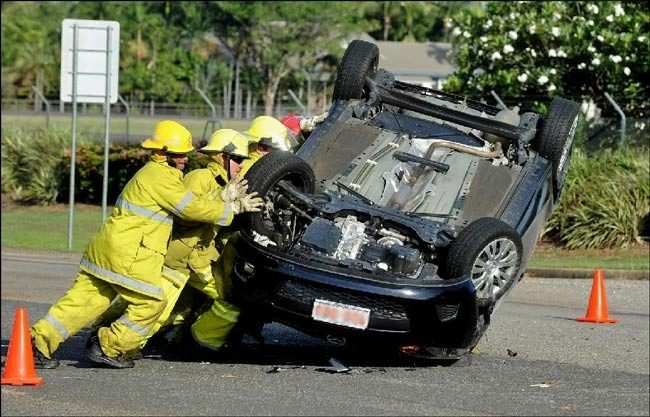How to Navigate the Legal Options to Defend Traffic Charges in NSW
Traffic offences in NSW can range from minor infringements to serious criminal charges. Common traffic offences include:
Speeding offences – Exceeding the speed limit, excessive speeding, or speeding in school zones.
Drink and drug driving – PCA (Prescribed Concentration of Alcohol) offences, DUI (Driving Under the Influence), and drug driving charges.
Dangerous or reckless driving – Including negligent driving, street racing, or failing to stop after an accident.
Driving without a valid licence – Driving while suspended, disqualified, or unlicensed.
Failing to comply with traffic signals – Running red lights, failing to stop at a stop sign, or improper turns.
Each charge carries different penalties depending on the severity of the offence, the driver’s history, and any aggravating circumstances.
Legal Options to Defend Traffic Charges
If you have been charged with a traffic offence, several legal defences may be available depending on the circumstances of your case.
1. Challenging the Evidence
One of the most effective defences is questioning the validity of the evidence against you. This may include:
Faulty speed detection equipment or incorrect calibration.
Inaccurate breath or blood alcohol testing procedures.
Errors in police reports or witness statements.
Lack of clear identification of the driver at the time of the offence.
2. Proving Exceptional Circumstances
In some cases, you may be able to argue that the offence occurred due to exceptional or unavoidable circumstances, such as:
Medical emergencies requiring immediate action.
A mechanical fault in your vehicle.
Threats to your safety requiring you to take evasive action.
3. Applying for a Section 10 Dismissal
Under Section 10 of the Crimes (Sentencing Procedure) Act 1999, the court has the discretion to find you guilty but dismiss the charge without recording a conviction. This is more likely to be granted for:
First-time offenders with a strong driving history.
Cases where a conviction would cause significant hardship (e.g., job loss).
Defendants who show remorse and demonstrate a commitment to improving their driving behaviour.
4. Negotiating a Lesser Charge
Depending on the circumstances, it may be possible to negotiate with the prosecution for a lesser charge. For example:
5. Electing to Complete a Traffic Offender Program
For some offences, participating in the Traffic Offender Intervention Program (TOIP) can be beneficial. Courts often take completion of this program into account when deciding penalties, potentially leading to a reduced sentence.
How Legal Insight Australia Can Help
Legal Insight Australia assists individuals by providing guidance on the best approach to defending their traffic charges. Before engaging a solicitor, which can be costly, Legal Insight Australia helps by:
Assessing the case – Reviewing the evidence and determining whether there are grounds to challenge the charge.
Explaining legal options – Providing clear, easy-to-understand advice on the different pathways available to dispute or reduce penalties.
Strategic guidance – Advising on whether to plead guilty, negotiate a lesser charge, or contest the matter in court.
Preventing unnecessary legal fees – Helping individuals understand their case before committing to expensive legal representation.
